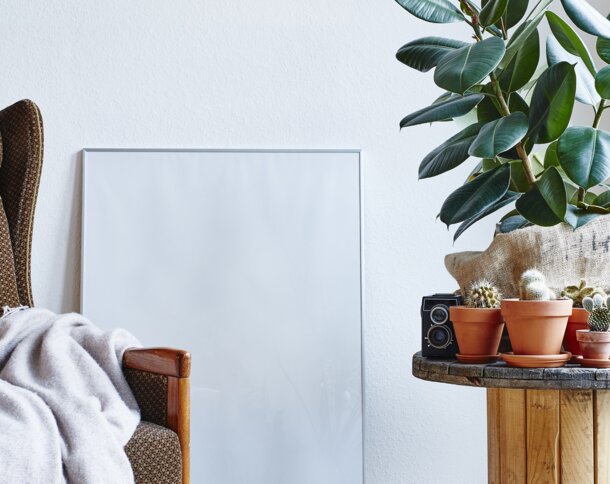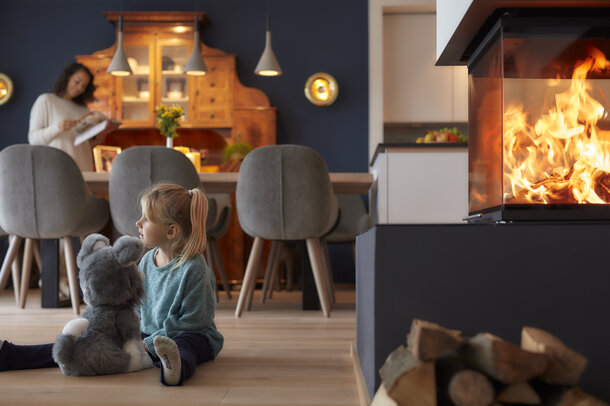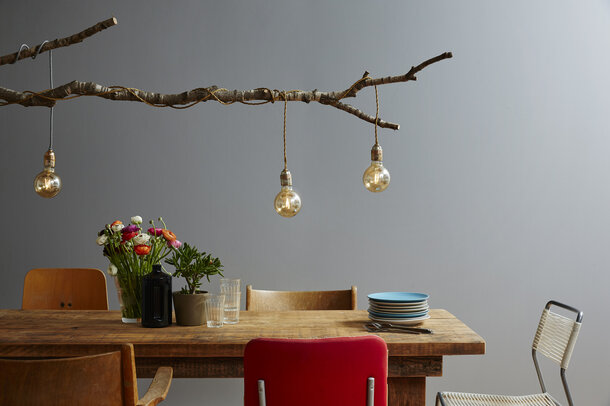Never before has the global rejection of environmentally harmful product manufacturing, materials and work processes been higher. And never has it been more important for brands to offer customers long-term sustainability solutions rather than token gestures. More than ever, customers are looking for brands they can form long-term relationships with because their progressive goals and values align with brand values. In plain language, this means that companies must be able to prove that they are working sustainably in order to meet their customers' expectations. Recent developments show that consumers are no longer interested in short-term solutions or quick results. Instead, they are looking for long-term results and a sustainable approach. Customers want to be able to identify with a brand and proactively change the world together. The biggest challenge for the future will therefore be to create an honest basis of trust in order to fully meet customer expectations in terms of responsible production and sustainable commitment. After all, we are dealing with a target group that is interested in continuous improvement and the conscious use of our resources. This means that brands must take responsibility for ensuring that only recyclable materials are used along the entire value chain. This is very different from outdated recycling strategies. We are working on the future. And we know: the future is green.

The intelligent, sustainable use of raw materials, especially a renewable and natural raw material such as wood as a regenerative energy source, has many advantages. Heating with wood is good for the climate and the environment and therefore has a lasting positive effect. Modern, energy-efficient fireplaces, such as those offered by Schiedel, enable solutions with very low emissions and high levels of efficiency. Heating with wood satisfies many human needs and protects the environment by using a natural, renewable raw material that is both regionally and cheaply available. The high efficiency of modern fireplaces means that energy costs can be noticeably reduced. Thanks to its broad versatility, wood as an energy source is crucial to achieving sustainable climate and energy goals.
Sustainability is more than ever a partnership - consumers and companies want to make their contribution to a better future. Their shared values form a sustainability partnership at eye level. Accordingly, forming this partnership must be a serious corporate goal.


Last but not least, brands must increasingly consider alternative materials. The customers of the future not only expect this; they also demand that companies investigate all options for developing products sustainably. Knowledge of sustainable materials and the use of proven renewable raw materials such as wood is a decisive advantage for companies in the battle for tomorrow's customers.
Last but not least, brands must increasingly consider alternative materials. The customers of the future not only expect this; they also demand that companies investigate all options for developing products sustainably. Knowledge of sustainable materials and the use of proven renewable raw materials such as wood is a decisive advantage for companies in the battle for tomorrow's customers. At Schiedel, the environment is very important to us. We focus our research and development on environmentally friendly and energy-efficient solutions such as new filters, hybrid ventilation systems and thermoblock bricks.
With KINGFIRE, we already offer an energy-efficient and low-emission solution that is suitable for low-energy houses. We actively work with organizations that promote effective combustion and low emissions. We always seek feedback from our customers through surveys to improve ourselves and our products.

How do families want to live together in the future in a rapidly changing world?

Benefits come first. It is no longer enough to develop high-quality products.

Brands must position themselves in such a way that they are able to react to new developments.